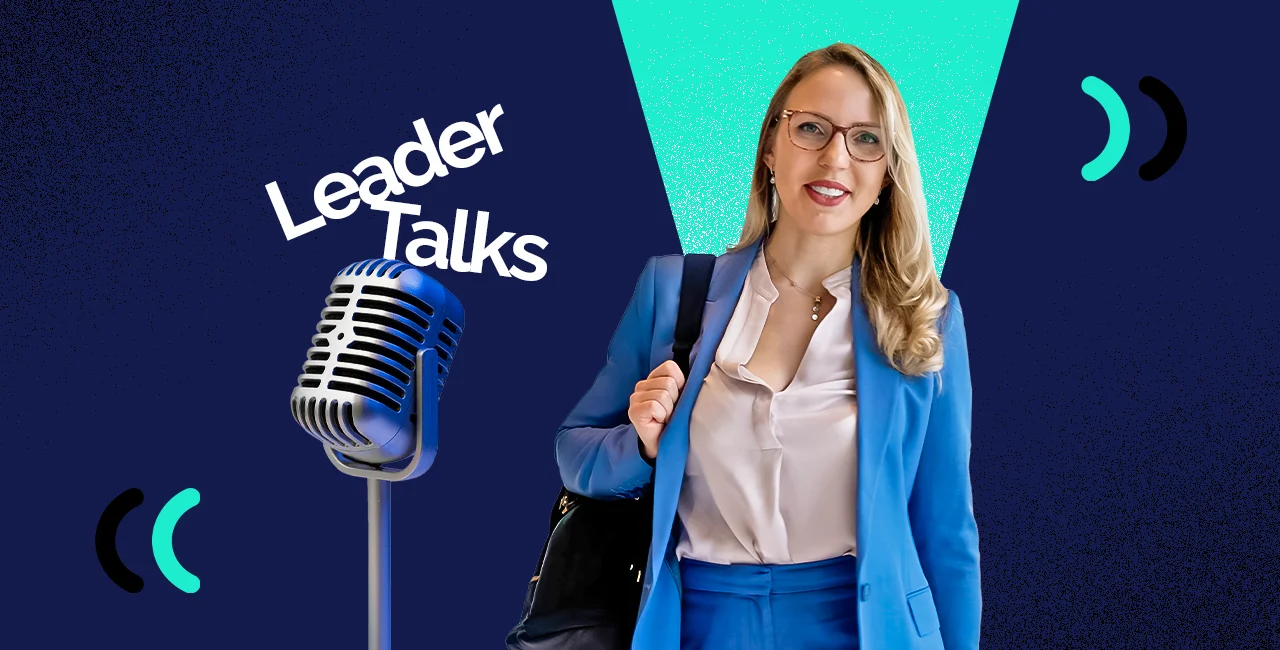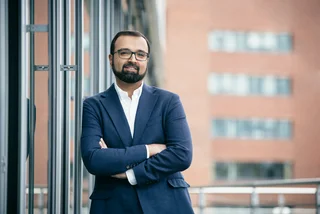The pharmaceutical industry has been under the international spotlight over recent years. As pharma companies played a major role in combating the Covid pandemic, public attention became more focused than ever on the processes involved in developing new treatments that save lives and improve conditions for those suffering with disease.
Novartis is one of the world’s largest pharmaceutical companies, and Czechia is among its key locations. Prague is home to one of six Novartis Corporate Centers dotted across the globe, while Czechia is a key hub for the company’s Innovative Medicines division, which focuses on bringing new medical therapies to the market.
Expats.cz sat down with Galina Tissot, Commercial Executive Director Innovative Medicines SERCE (Central, Southern and Eastern Europe), to find out more about how new treatments are created, and changes affecting pharma industry innovation in the digital age.
Could you describe the work done by Novartis’ Innovative Medicines division?
We focus on working with the Czech healthcare system to bring innovative medicines to patients. I lead commercialization, making sure that we can bring innovative medicines to the market. This includes pre-launch preparations, raising awareness, securing funding, and bringing medicines into hospitals and outpatient care.
Some of our medicines don’t have analogues; they bring new solutions to unmet medical needs. We operate mainly in the fields of neuroscience, oncology, hematology, cardiovascular disease, and immunology, but our portfolio also spans across other areas.
At what stage do you start to think about the commercial viability of new medicines?
Novartis focuses on therapeutic areas based on our current footprint and where we already deliver medicines to patients. We always consider first the patient population for any specific disease. It’s not only about the size of the patient group, but also about the unmet need of that population, including the availability of other treatment options. At this stage, we may have only a very remote idea about the commercial potential of the asset.
Once we have drug candidates at the clinical stage, there’s a robust process in which we prioritize candidates that are viable to develop, taking into account the probability of success, the unmet need of the patient population, and the commercial potential, focusing on potential Best-in-Class / First-in-Class candidates.
This process decides which trials we will prioritize for funding, and here we have competition between those assets which we developed ourselves, and our in-licensed or partner assets. Phase 3 trials involve large amounts of patients to make sure data is representative and statistically significant, and this is the biggest investment for us.
Is communication with doctors important in commercializing new medicines?
It is absolutely crucial. We have employees throughout Czechia whose role is to meet physicians, providing new information and access to educational materials. The complexity of some new treatments means guidance can even be required on how to administer them. We have a portfolio spanning traditional medicines (such as pills and capsules), injectable treatments, Cell & Gene therapies, and Radioligand therapies.
Some of these treatment modalities include manufacturing a product for a specific patient to be administered at a specific time. For example, Cell and Gene treatments require taking the patient’s blood, processing it in a certain way and re-injecting it into the patient. Radioligand treatments have a very short life, and need to reach a patient within a few hours from their production. In addition, this medicine includes radioactive material, meaning everything from the supply chain to hospital administration and patient follow-up must be strictly controlled.
Everyone needs to be aligned, including treating physicians, patients, Novartis manufacturing sites, quality control and the supply chain. Such new therapeutic platforms represent significant innovation and offer completely new options for patients, but require a much more tailored approach than in the past.
How is technology and AI changing your work in Innovative Medicine?
Technology is impacting various parts of Novartis, starting with biomedical research. AI can be used to pre-test in a digital environment, finding the most viable pathways for scientists to explore.
Technology can also play a role in advanced projects for proactively identifying patients with higher risk levels. Cardiovascular disease, for example, can be very “quiet”; patients don’t feel anything until they have a major health event. We’re exploring how we can help the healthcare system to identify and flag patients with higher risk.
At Innovative Medicine, our means of communication with healthcare professionals have changed a lot. Historically, our industry emphasized face-to-face interactions with doctors, but Covid accelerated other digital channels for interaction and support.
Is there a consensus that AI will be a positive for the healthcare industry?
We are always looking to bring better and more tailored, up-to-date information to healthcare professionals and patients. We prepare a lot of materials for these groups, and we explore how AI can help us to prepare such materials and make them more understandable, while looking at other channels through which generative AI can help with education and customization. AI can facilitate our work in this way, but as this is a highly specialized area, we need to maintain control over such processes and make sure it is accurate.
How are you finding life as a Novartis leader in Prague?
I love Prague. I came at a time when there weren’t many tourists, so I felt privileged to enjoy the city more like a “native”. This is a very friendly city for expats; my experience has been really positive.
I have two kids, a ten-year-old and a one-year-old. Of course, having an international career is not straightforward with children, as I have to do a lot of travel, so it’s important that I have such strong support at home. My husband travels less, while pursuing his own career, which allows me to be more flexible.
Do you need a scientific educational background to work in Innovative Medicines?
Our team comes from mixed backgrounds. The main prerequisite is that you are curious and willing to try to understand the deeper aspects of the medicines that we bring to the market.
I have a bachelor’s degree in international relations and a master’s degree in management. Cultural agility, knowing how to adapt your communication approach when talking to different countries or parts of the organization, is something which has helped me. Talking to scientists is not the same as talking to doctors or to people in our supply chain.
I always, however, feel the need to invest more and more time into understanding our medicines. At first, you can be overwhelmed by all the medical details. But once you get over this initial stage, you learn a lot.












 Reading time: 5 minutes
Reading time: 5 minutes 





















